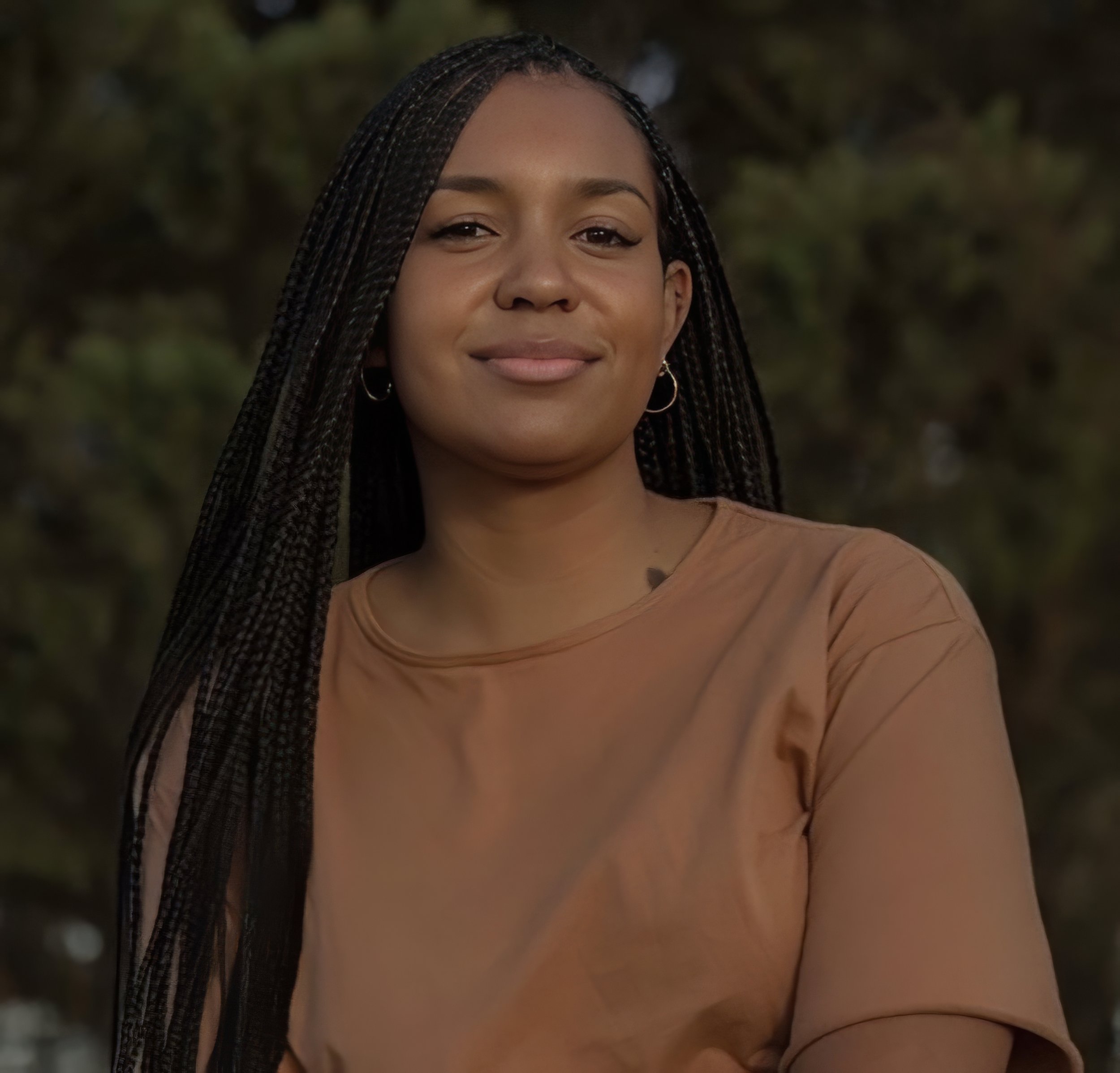Build your confidence and skills in telling your story, your way. Speak up on issues that affect your community. Learn how to engage with the media to shift the narrative and build First Nations justice.
The workshop, led by the Economic Media Centre (EMC), is based on the principles from the Passing the Message Stick, a groundbreaking message research project that has been designed to find the messages that build widespread support for transformative change on First Nations justice and self-determination.
As part of the training, we will share insights on the latest messaging research, which was designed to find persuasive messages on key issues relevant to our current political context including truth-telling, treaty, and representation.
The workshop will be facilitated by Jedda Costa, a Wemba Wemba, Yorta Yorta and Mutti Mutti woman and the new Senior First Nations Media Advisor at the EMC. Previously Jedda worked as a cross-platform journalist specialising in Indigenous affairs and reporting on regional communities.
This workshop is designed for and by First Nations advocates, activists, leaders and campaigners to use our strength in storytelling to learn more about using the media to campaign for change, in a supportive environment.
learning OUTCOMES AND SKILLS
You’ll learn the practical skills you need to tell your story, speak up on issues that impact your community, engage with journalists, use strong messages and do media interviews. In the workshop you will find out more about:
How the media operates and how to get your story into the news
How to prepare for and do a great media interview
How to use the media to shift conversations and win change
KEY DATES AND FORMAT
Tuesday 15 & Wednesday 16th October 10.00am - 2.00pm
Online via Zoom - RSVP to receive the link
COST
The Media Training Workshop is free for First Nations advocates and community
Facilitator
Jedda Costa
Senior First Nations Media Advisor
Jedda Costa is a Wemba Wemba, Yorta Yorta and Mutti Mutti woman from Narrm. She has previously worked as a cross-platform journalist, specialising in Indigenous affairs and reporting on regional communities. Jedda joins as our new Senior First Nations Media Advisor, leading the development of our First Nations Spokespersons Network at the Economic Media Centre.
ACCESSIBILITY
We will work with you to support you to fully participate in the training.
We ask for any access needs in the expression of interest form—let us know what you need in that form. When we accept you for a place in training, we will double-check if you have any additional access needs that we are not yet aware of.
Click here to read about our accessibility measures. If you have different access needs or need other measures to fully participate, please let us know when applying for the training, and we will contact you directly.
For questions or more information, contact Erica Ransley erica@australianprogress.org.au
-
Zoom - During the online sessions, we will be meeting via Zoom. If you have access to a computer or laptop, we recommend you join the training by computer to make navigating the materials easier. See here for accessibility documentation for Zoom; including a list of keyboard shortcuts here.
Video norms - During the online sessions, we will encourage everyone to have your cameras on if you feel comfortable, but we will not require you to do so.
Chat - On Zoom you will be able to use the chat function. Participants will be asked to introduce themselves in chat, and to enter responses in the chat.
Captions - We will have auto captions enabled in Zoom.
Google Docs and Digital Documents - We will be sharing training materials over Google Drive, Google Docs and Google Slides. All documents, forms, and surveys will be provided in accessible formats. During the pre-training we will use the screen share function to share slides, as well as navigating between Zoom and an interactive slide deck.
Early access to slides - A view-only version of the slide deck can be supplied early if this supports your participation. Any copies of the slides provided will include alt-text / image descriptions.
Pre-training materials - We will provide a selection of pre-training materials for you to read ahead of the workshop. They will be provided in different formats including Google Docs, PDF and various websites.
Post-training resources - We do not supply recordings from our online training as standard, but can record sections of the workshop if needed to facilitate your engagement. You will receive a copy of the presenter slide deck, interactive slide deck, and other resources. Where video or audio content is included during the training or in any of the resources, we will provide audio descriptions, captions or transcripts as needed.
-
Setting norms - As a cohort, we will also set expectations at the start of the training to ensure everyone can comfortably participate in the workshop.
Breaks - Breaks will be organised regularly throughout the training including meal breaks. Morning and afternoon tea breaks will be 30 minutes, and lunch will be an hour.
Breakout rooms - This training regularly uses breakout rooms, with group sizes ranging from pairs, through to groups of 5-10 for discussions and workshop activities.
-
Additional support - In your participant info form, we will ask you for your access needs. If you require something in place that is not already arranged, or if you need more information about any part of the workshop, we will work with you to provide this.
-
If you have any questions about accessibility, please contact Community Manager Erica at erica@australianprogress.org.au.

